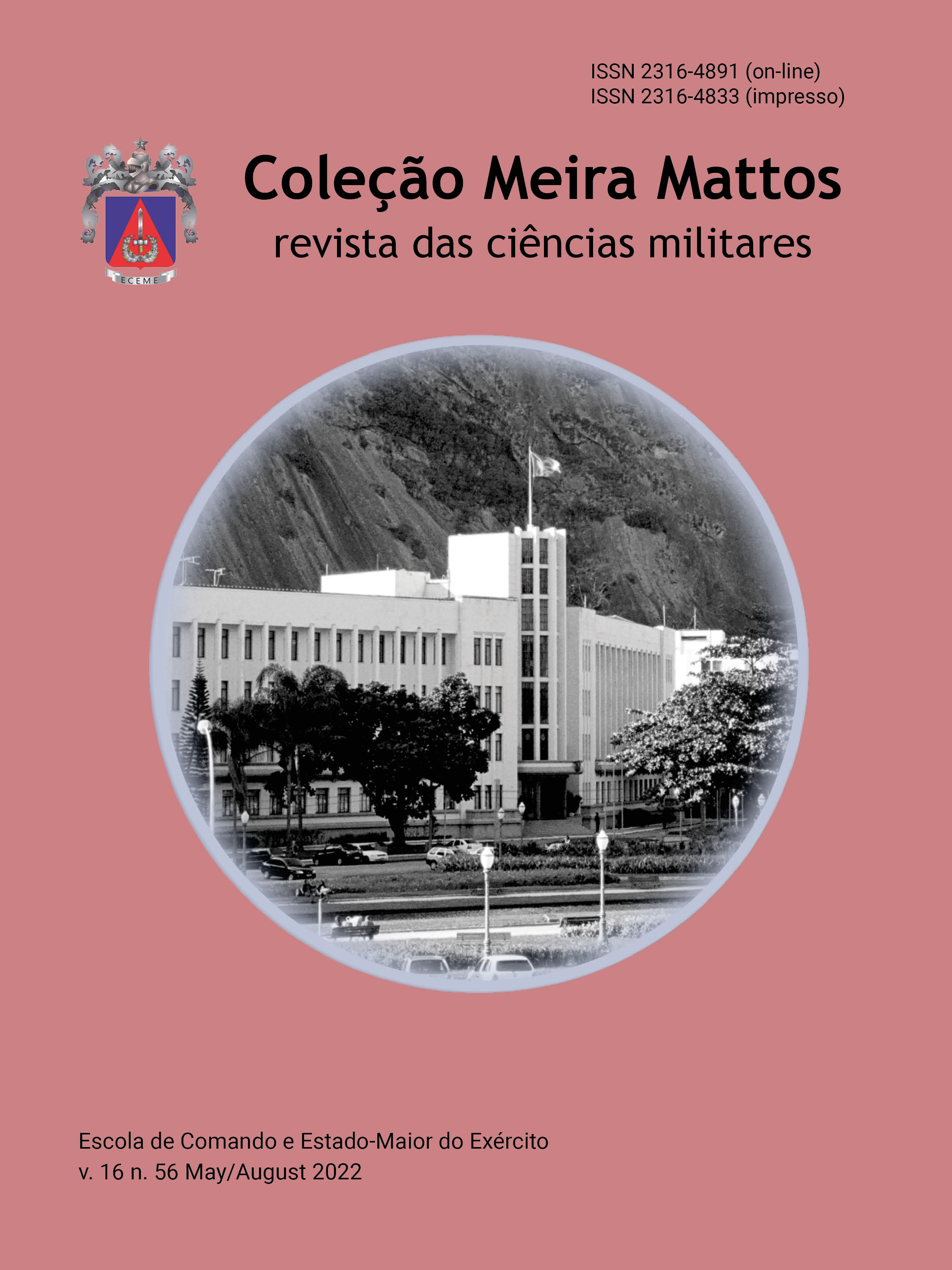Coordination and planning
central categories in interagency relationships
DOI:
https://doi.org/10.52781/cmm.a074Keywords:
coordination, planning, interagency relationships, interagency operations, planning doctrineAbstract
The article reflects, based on a literature review and document analysis, on the coordination and planning categories as central to interagency relations. The study results indicate that cooperation is the most basic level in this type of relationship, given its informality and being based on personal and little institutionalized relationships. Coordination, on the other hand, would be the improvement of cooperation through elaborate arrangements, when agencies would consider the objectives, visions, purposes and desired end states of the other agency in the planning. The second category was worked from theorists and professionals of the interagency environment, who highlighted the importance of relationships to materialize through a planning process that produces an intelligible plan and that increases the chances of success of operations. We conclude that the full interagency relationship effectively materializes when it occurs through joint planning with the participation of all agencies involved in solving the problem.
Downloads
Published
How to Cite
Issue
Section
License
Meira Mattos Collection is licensed
From 2019 under Creative Commons conditions (CC BY 4.0)
Until 2018 under Creative Commons conditions (CC BY-NC-SA 4.0)
Licenses are listed on the article access page and detailed on the Copyright page of this publication.
Copyright: The authors are the copyright holders, without restrictions, of their articles.
Notice
For any reuse or distribution, you must make clear to third parties the terms of the license to which this work is submitted.


